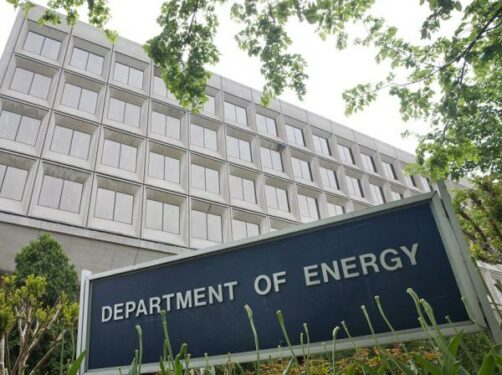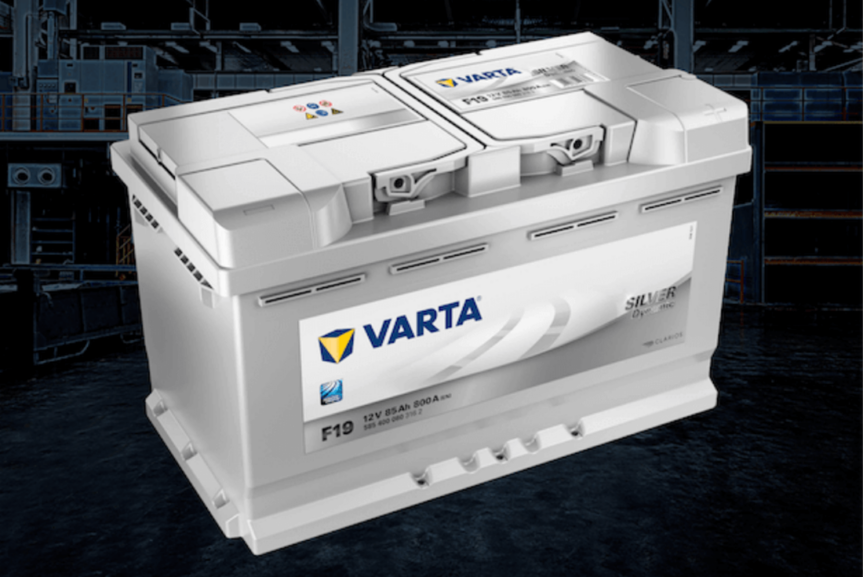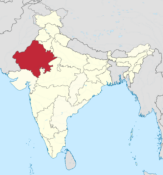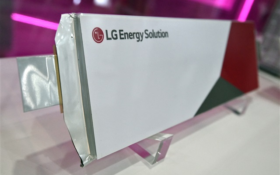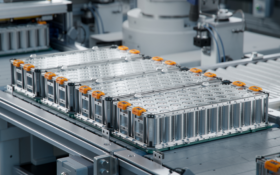The U.S. Department of Energy (DOE) has announced $209 million in funding for 26 laboratory projects focusing on electric vehicles, advanced batteries and connected vehicles.
The laboratory projects aim to address four critical goals in the US’ goal of becoming a “global leader” in electric vehicle and battery innovation under president Joe Biden’s administration.
Those goals are: reducing costs and size of next generation battery technology; advance 15-minute fast charging technologies; mitigate potential grid impacts of electric vehicles and streamline cooperative vehicle-to-vehicle communications and controls that reduce energy use and emissions.
The laboratories, including Pacific North West National Laboratory, ORNL, and National Renewable Energy Laboratory, mainly focus on solid-state batteries.
To review the full list of the selected projects, click here
Additionally, DOE’s Argonne National Laboratory has launched the Li-Bridge public-private partnership to bridge gaps in the domestic lithium battery supply chain.
The US relies heavily on importing advanced battery components from abroad, which leaves the country exposed to supply chain vulnerabilities that could disrupt the availability and cost of electric vehicles technologies, including batteries.
The Li-Bridge will work with the entire National Laboratory complex to accelerate the development of a “robust and secure” domestic supply chain for lithium-based batteries.
Argonne will engage with the federal sector through the Federal Consortium for Advanced Batteries (FCAB), which was established by DOE to put the U.S. on a path to long-term competitiveness in the global battery value chain.

